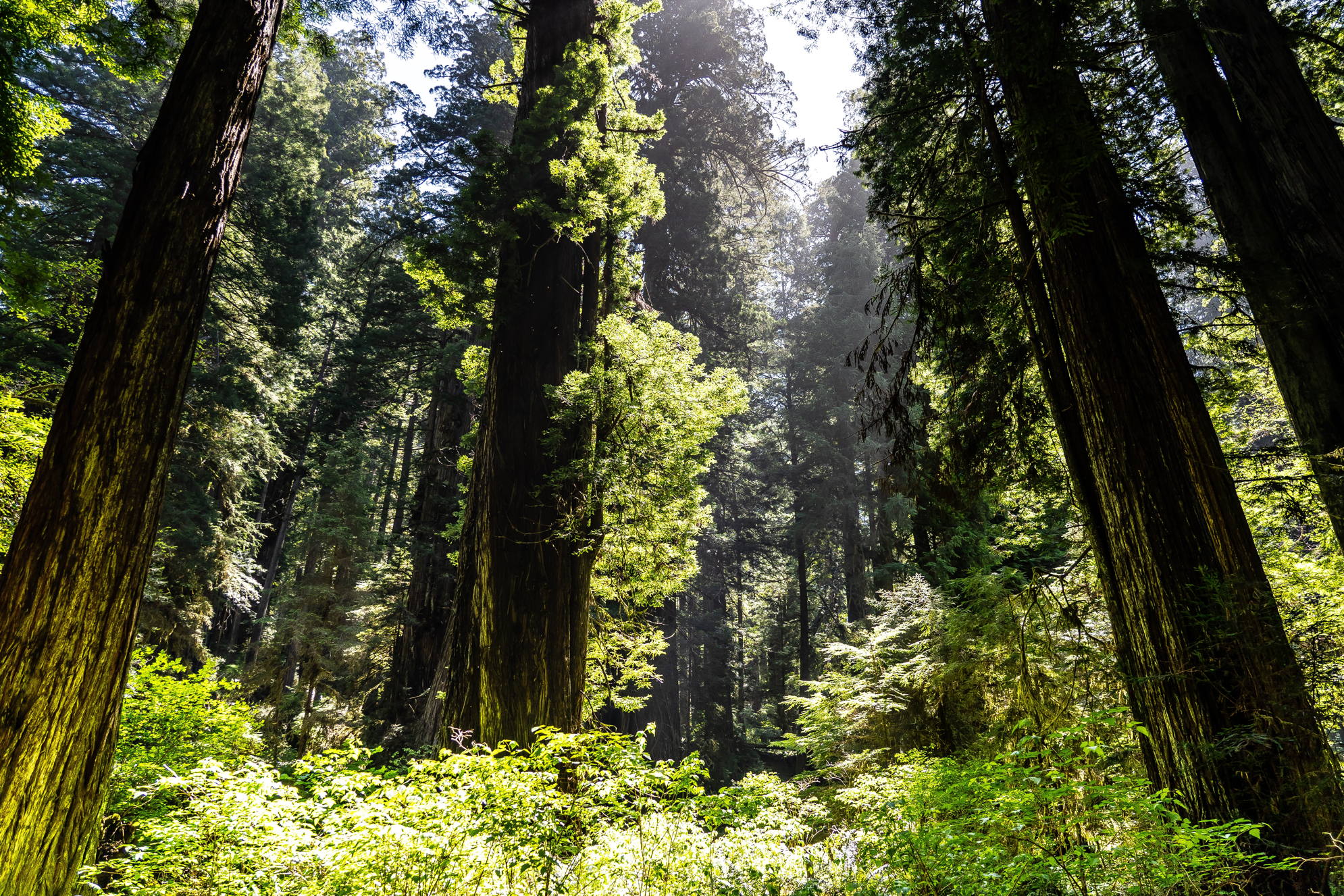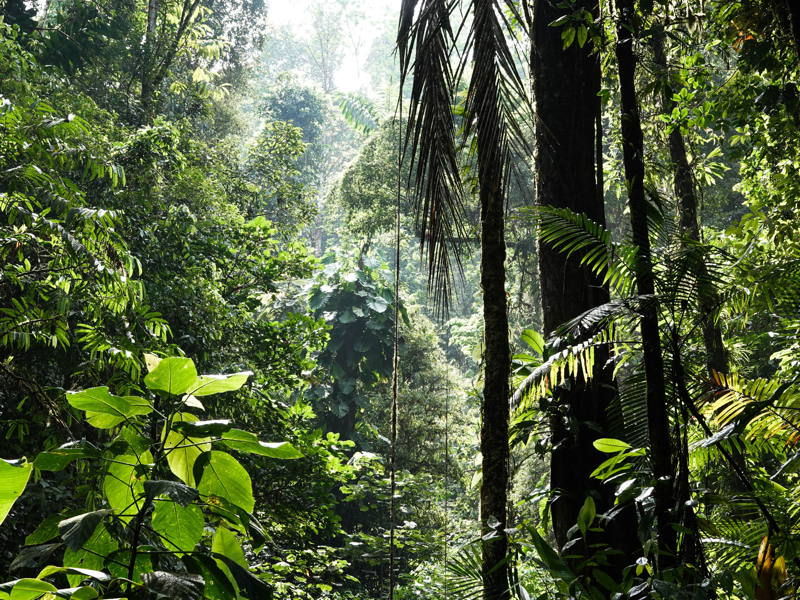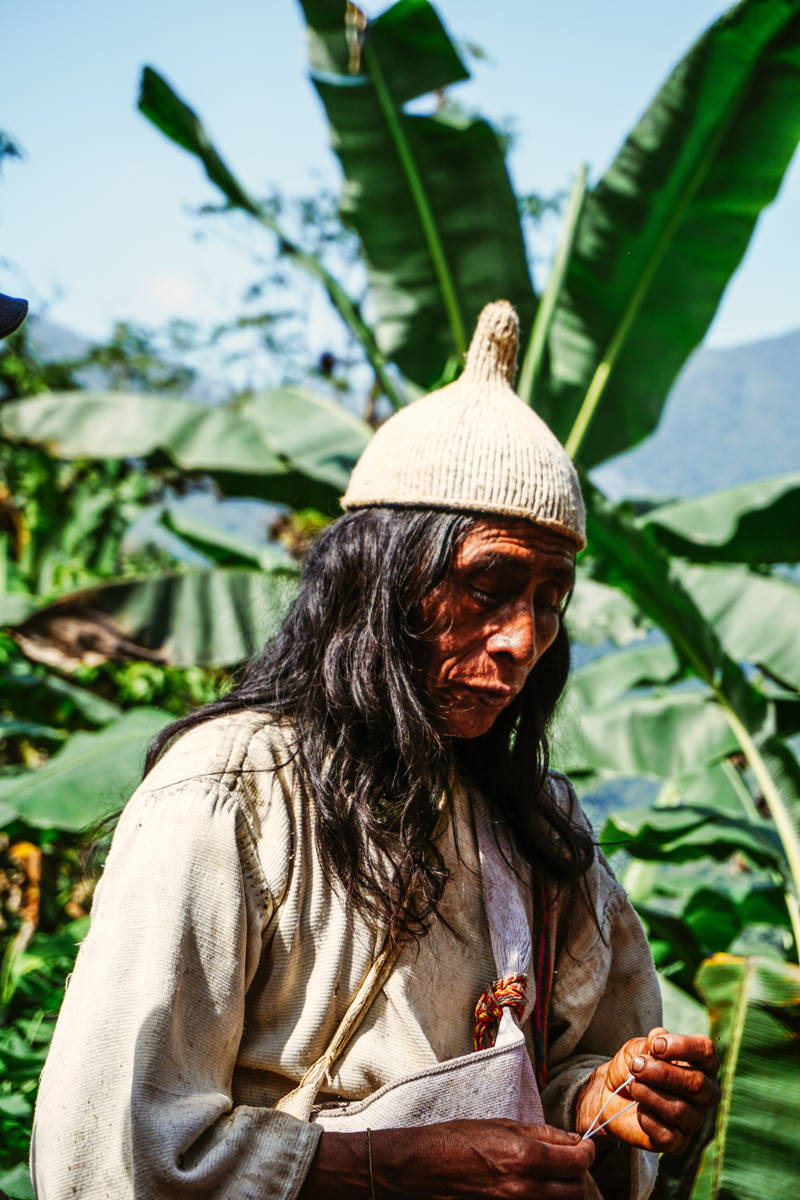
The Importance Of Respecting Biodiversity
How important is biodiversity nowadays? Much of the natural landscapes that are left on this globe still possess the original raw beauty that has captured the imagination of generations of artists and authors. Still, the numbers of species that dwell in them have declined due to climate change, habitat loss, the over-exploitation of natural resources, and the pollution caused by the actions of corporations and the governments that allow for the pollution to go on undisturbed. How can we change the tendency?
When we walk through natural environments, we may not fully grasp the sheer wealth of biodiversity that surrounds us. What may appear to our perhaps untrained eyes as a still and peaceful landscape is actually bustling with life. Depending on which area of the world one finds themselves in, they can get to witness a peek into the lives of an endless variety of local birds, mammals, reptiles, insects, and amphibians. For as still as they may be, the plants are a vital part of these vibrant natural ecosystems too. That’s because all plant and animal species don’t just co-exist in natural spaces, but they rely on each other too.
Humans have landed on the moon, invented planes and the internet, building a much more complicated world than the one our early modern human ancestors had inhabited. Yet, we are still part of the ecosystems, and we still rely on biodiversity just as much as they did despite what the ideological dominance of anthropocentrism in much of the Western world may have led us to believe.
BIODIVERSITY LOSS | WHAT WE HAVE LOST SO FAR
Much of the natural landscapes that are left on this globe still possess the original raw beauty that has captured the imagination of generations of artists and authors. Still, the numbers of species that dwell in them have declined due to climate change, habitat loss, the over-exploitation of natural resources, and the pollution caused by the actions of corporations and the governments that allow for the pollution to go on undisturbed with just 100 companies being responsible for 71% of all the global industrial greenhouse gas emission (GHG).
The world’s Biodiversity Intactness Index (BII) has declined from 79.75 percent to 77.01 percent between 1970 and 2014, and globally more than 38,500 species are threatened with extinction and included in the IUCN Red List.
According to the IPBES 2019 Global Assessment Report on Biodiversity and Ecosystem Services, on average natural ecosystems have declined by 47 percent compared to their earliest estimated states, while about 25 percent of the assessed plant and animal species are already threatened with extinction while all over the world, local varieties and breeds of domesticated plants are disappearing.


THE IMPORTANCE OF BIODIVERSITY | IT IS MORE THAN WAT MEETS THE EYE
From a strictly materialistic standpoint, humanity has a lot to lose as global biodiversity wanes. Everything that each of us needs is provided by healthy ecosystems, which themselves rely on thriving biodiversity. Without them, there would be no clean water and air, no healthy soil and nutrients for our food, and no plants for our medications.
A 2021 study by researchers from institutions from all over Europe has revealed that biodiversity positively affects human health by reducing harm as it provides the natural resources for medicinal drugs, aids food production, and reduces the exposure to water health risks, extreme heat, air and noise pollution. Contact with biodiversity also restores capacities by facilitating stress recovery and the restoration of attention and builds capacity as it encourages physical activity, social interaction and social cohesion, and transcendent experiences.
As something made of all the beings that co-inhabit our Earth, biodiversity has its own intrinsic value independent of its usefulness for humans.



A WAY FORWARD, SUPPORTING INDIGENOUS PEOPLE AND LOCAL COMMUNITIES
The consequences of a non-locally attuned, for-profit system that has benefitted the elites in the Global North have caused a decline in biodiversity. But this way of seeing and treating nature as a mere resource to use and abuse for power and money isn’t the only nor the best way to go.
The researchers who took part in a 2020 study found that indigenous Peoples’ lands comprise at least 36 percent of the world’s remaining intact forest landscapes (IFLs). According to a 2019 study, in indigenous-managed lands, biodiversity equals or surpasses that found in the protected areas in Australia, Brazil, and Canada.
The 2021 report Territories of Life by the ICCA Consortium has highlighted how indigenous peoples and local communities are the de facto guardians of many protected and conserved areas, playing an enormous role in the governance, conservation, and sustainable use of our planet’s biodiversity. Supporting indigenous people and local communities and learning from them is crucial for the future of life on Earth.
+ Words: Roberta Fabbrocino, Luxiders Magazine, Contributor








